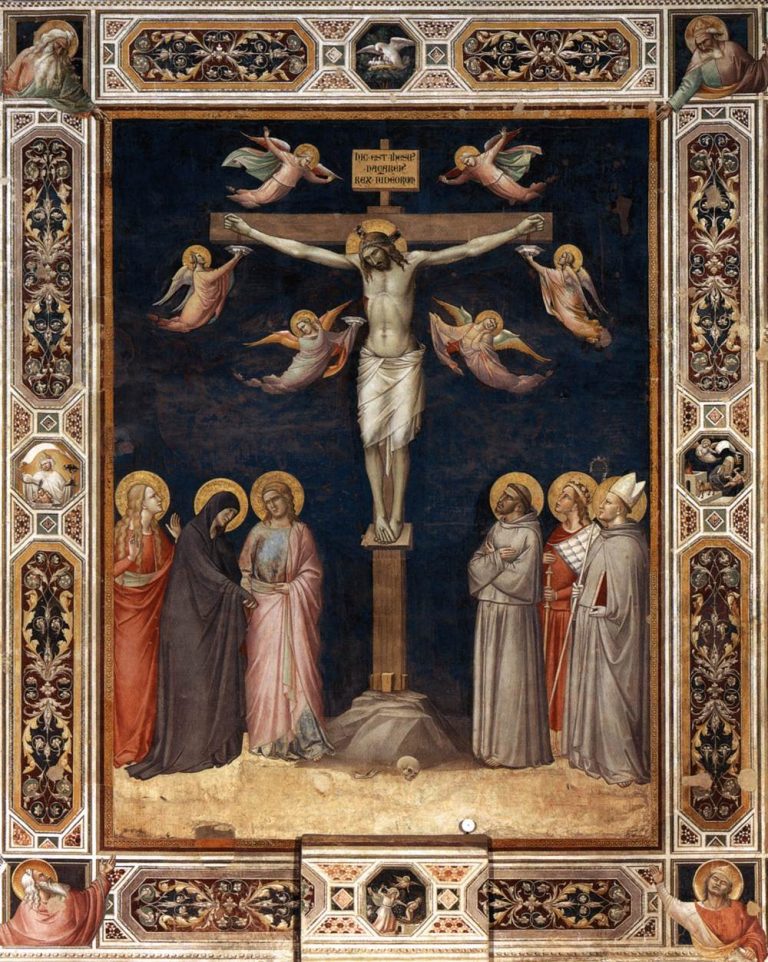When reading the four Gospels, one is struck by a recurring theme, the number of times that Jesus drove demons out of people who were sick, disturbed, and unable to live happily. From this, Catholic Fundamentalists understand that demons are something to be gotten rid of rather than obeyed. Those on the other side differ from us in that they often welcome demons into their minds and follow their orders.
Whassa matter with you? Whassa the matter with me?
Though hidden demons cause the common problems among us, their existence is rarely considered, especially by those minds whom they have most successfully infiltrated and afflicted. We can get a hint as to their activities within our own minds by making ourselves stop and think about our own tendencies to sin the moment we can recognize that a particular thought or temptation is leading us away from God.
As soon as we recognize that, we see how boringly repetitive the demons are. We often think about the same sin many, many times a day. That helps us see which demons afflict us most frequently. With practice, we can extrapolate from our own experience with these personifications of temptation and see how others are affected by them. For us, things like the “news” exist to give us information not about what is happening in the world, but about how currently noteworthy people have been successfully influenced, if not actually possessed, by demons.
Catholic Fundamentalists believe that there are seven main tribes of demons. They are divided into the tribes of Pride, Envy, Greed, Gluttony, Anger, Lust, and Sloth. Hollywood “stars”, for instance, who are successfully controlled by the demon of Lust, for instance, have their falls into that demon’s temptation celebrated by the “news” organizations devoted to the justification and spread of that particular sin.
When we find ourselves tempted to sin, a first step is to immediately recognize that temptation. Then, we may try to categorize it to see which particular demon or demons is attacking us. As we do so, we remember what they want us to forget, that same sin’s frequent appearances in our mind. “Oh, you again. I remember you from a few minutes ago, an hour ago, a dozen times yesterday, ten thousand times last year, and, maybe a quarter of a million times in my life when you’ve tried to get me to think about doing this. God, please get this evil thing away from me.”
The demons within hate it when we do that. They are happy, well, as happy as such wretched beings can be, living in our minds. They only get to stay there as long as we don’t ask God to evict them from the comfortable apartments they’ve built near the busy neural highways where what we see and hear intersects with our basest desires. Frankly, many of us have grown to like some of the demons with whom we’ve been living. We have a tendency to grow comfortable with some of our sinful thoughts, and, when we’re bored, we have a regrettable tendency to turn to them to help pass the time.
The overwhelming counterbalance to demonic thoughts.
When we understand that evil thoughts are produced by tiny, living beings, dark sparks that dull our minds, we realize that of all the religious leaders in history, only Jesus Christ recognized their existence and made a well-publicized career of driving them out. It’s easier to get rid of them, or minimize their effects, if we have the good fortune to be Catholics, because we go to Mass once a week. There, we eat a wafer and drink wine from a cup. By two miracles, the presence and power of our priest, and the Transubstantiation he is allowed to effect, the wafer is made into Jesus Christ’s Body, the wine into Jesus Christ’s Blood.
One thing on earth that the demons hate as much, or more, than the Eucharist is the Sacrament of Confession. They don’t hate it so much because our choosing to seek Absolution means that we have turned to a Higher Power than any of them have or can access, but hate it because the very words of Absolution, “I absolve you of all your sins” negates all their past successes within us, literally turning the darkened places in our mind into light, reducing their power over us and making their eviction more likely.
Never does a demon work harder, and they are, by nature, slothful, than when trying to keep us from confessing a sin of which they’re particularly proud of having had us commit.








